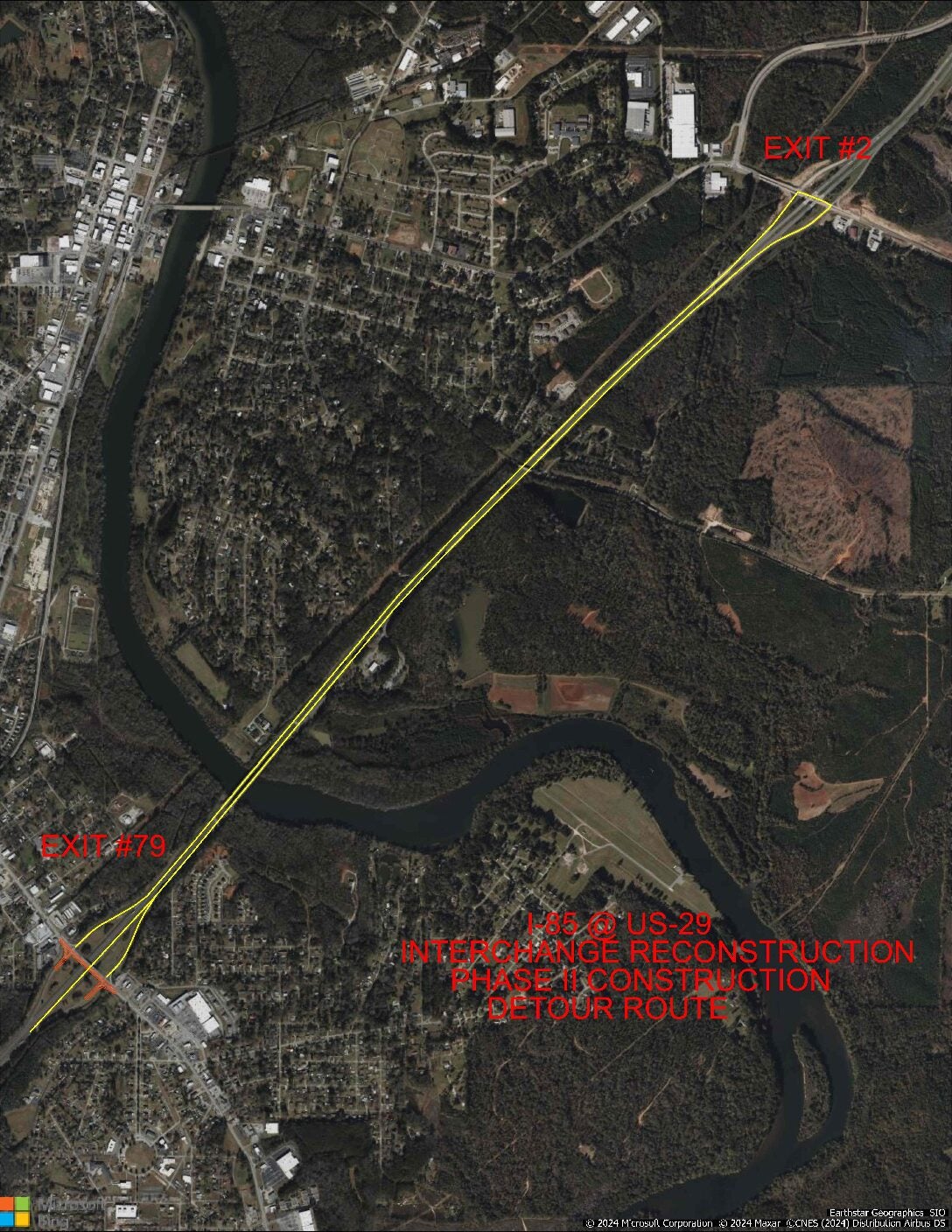Alabama prepared for new 9-8-8 Suicide Prevention Lifeline number coming in July
Published 9:51 am Saturday, March 5, 2022
|
Getting your Trinity Audio player ready...
|
On July 16, the National Suicide Prevention Lifeline will change from 1-800-273-TALK(8255) to a more concise, easily identifiable three-digit number, 9-8-8.
9-8-8 is a safety net for people experiencing a mental health emergency. Once 9-8-8 goes live, if you or someone you know is having suicidal thoughts, experiencing delusions, or displaying severe symptoms of mental illness, you should call 9-8-8 instead of 911.
In August 2019, a joint effort by the U.S. Department of Health and Human Services, Substance Abuse and Mental Health Services Administration, the Department of Veterans Affairs, and the North American Numbering Council released a report recommending the use of 9-8-8 as the 3-digit code for the National Suicide Prevention Lifeline.
In July 2020, the Federal Communication Commission (FCC) adopted rules that designated 9-8-8 as the new phone number for Americans in crisis to connect with suicide prevention and mental health counselors.
The National Suicide Hotline Designation Act, federal legislation designating 9-8-8 as the three-digit dialing code for the Lifeline, was signed into law in October 2020.
The Federal Communications Commission has required telephone providers to make calls to the Lifeline via 9-8-8 accessible by July 16, 2022.
9-8-8 calls will be answered by trained staff in related call centers. 9-1-1 operators will not answer calls to 9-8-8 unless redirected by lifeline staff.
When the new number goes live on July 16, every person in every city in Alabama will be able to utilize 9-8-8.
“The current number is a ten-digit number and, in a crisis, this may cause a delay for individuals in dialing, or they may not know the number,” Malissa Valdes-Hubert, Public Information Officer with Alabama Department of Mental Health told the Valley Times-News. “988 is more than just an easy-to-remember number — it will be a direct connection to compassionate, accessible support for Alabamians who may be experiencing suicidal thoughts, who are at risk of suicide, or who are struggling with mental health or a substance use crisis.”
As part of the Alabama Crisis System of Care, Gov. Kay Ivey, the Alabama State Legislature, and the Alabama Department of Mental Health have funded four Crisis Centers that offer services at staged levels.
These centers improve access to behavioral healthcare services for individuals experiencing a mental health or substance abuse crisis. They aid jails and hospitals throughout the state by alleviating the burden to house and care for individuals in need of services.
Crisis Centers in Alabama are located at the community mental health centers in Mobile, Montgomery, Huntsville, and Birmingham.
Additionally, the Alabama Crisis System of Care also implemented mobile crisis centers throughout the state.
The goal of mobile crisis centers is to reduce the burden placed on emergency departments, hospitals, law enforcement, jails and improve access to “right care, right time, right place.”
Each center will have a mobile crisis team as part of mobile crisis services. The community mental health centers may also include in their crisis services: a co-response with law enforcement and emergency medical personnel, crisis peer support, crisis case management, regional call centers and respite options.
The state of Georgia completed its first phase of planning for the implementation of 9-8-8 and is on track for full implementation when 9-8-8 goes live on July 16.
As Georgia’s behavioral health authority, the Georgia Department of Behavioral Health and Developmental Disabilities (DBHDD) is responsible for responding to National Suicide Prevention Lifeline calls and coordinating services and support for Georgians who seek help through the line. Once implemented, 9-8-8 calls from Georgia will be routed through the Georgia Crisis and Access Line, established in 2006 to provide around-the-clock support to individuals in crisis.
Commissioner Judy Fitzgerald attributed the success of the first phase of the planning process to the numerous people who have joined to help DBHDD plan for the implementation of 9-8-8.
“Georgia’s work to develop its crisis network over the past 12 years has DBHDD well positioned for change, and as we prepare to evolve, I am grateful to those who have stepped up to help inform our planning process in a thoughtful way,” Fitzgerald said in a press release. “I am very excited about this work, how important it is, both in preventing suicide and in building a diverse coalition to develop an infrastructure that supports Georgians’ mental wellbeing for generations to come.”
Until 9-8-8 goes live, anyone in Georgia that needs help related to mental health, substance use, or intellectual and developmental disabilities immediate assistance is available 24/7/365. Please call the Georgia Crisis and Access Line at 1-800-715-4225.





